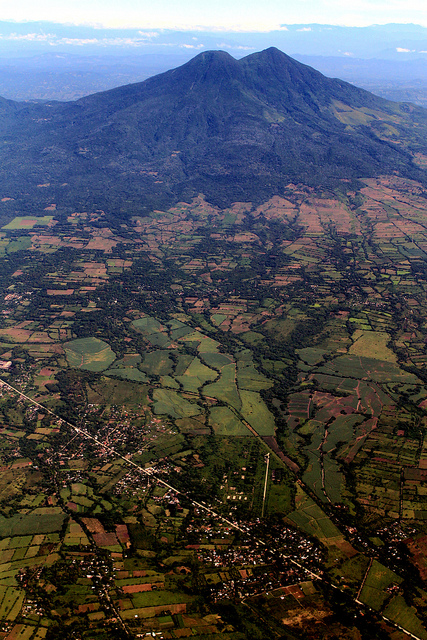Recently there have been two giant wins for democracy, human rights, and the environment in an unlikely spot: the small, embattled nation of El Salvador.
The most recent win was in March 2017, when the national legislature voted overwhelmingly to make El Salvador the first nation on earth to ban all metals mining, an activity that threatened that nation’s water supply. Who could have imagined an editorial in the New York Times entitled “El Salvador’s Historic Mining Ban” on April 2, 2017?1 The other win occurred six months earlier, in October 2016: After a seven-year battle, a World Bank Group-affiliated arbitration tribunal ruled unanimously against a global mining firm that sued El Salvador for not granting it a mining license.2 Global corporations have been winning most of the lawsuits in these so-called “investor-state” tribunals, but here again El Salvador prevailed.
How? Why? What lessons can be learned, and can nations and activists build on these two victories?
A Movement for Democracy, Human Rights, and the Environment
The peril of gold mining is multi-fold: industrial mining requires cyanide to separate the gold from the surrounding rock, and toxic substances such as arsenic and sulfides get released in the process and can contaminate soils and water for centuries.
First, a bit of background. A band of gold runs through the mountains of Mexico and Central America, which has enriched foreign corporations and domestic elites for hundreds of years. The gold veins run through the north of El Salvador, right through the Lempa River watershed, which provides fresh water to over half the country’s population. The peril of gold mining is multi-fold: industrial mining requires cyanide to separate the gold from the surrounding rock, and toxic substances such as arsenic and sulfides get released in the process and can contaminate soils and water for centuries. As a result, there is no way to conduct industrial mining that is completely safe. For this reason, many scientists are concluding that in certain countries and areas, mining should be prohibited.3 El Salvador is one such place.
…
Read the full article on the Carnegie Council for Ethics in International Affairs.
